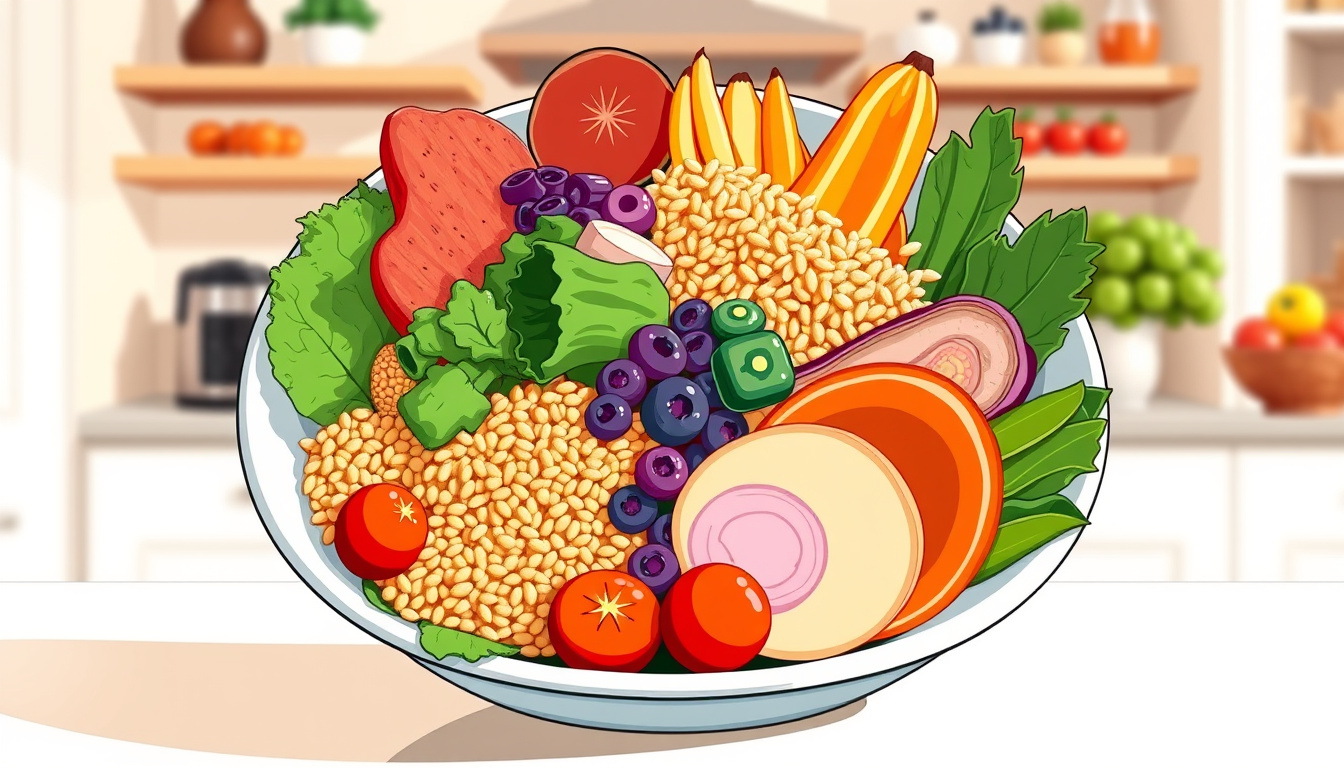In today’s fast-paced world, health matters more than ever. Good health relies on your body getting the right amount of needed nutrients. Vitamins help the body work well in many ways—from building a strong immune shield to creating energy. Learning about vitamins helps you choose foods and supplements that work with your body.
What Are Vitamins and Why Are They Essential?
Vitamins are organic compounds that your body needs in small amounts. They do not add calories like carbohydrates, proteins, or fats do; instead, they help change food into energy and run key body processes. Your body makes little or no vitamins by itself, so you must get them from what you eat or from supplements.
Health experts across the world back the value of vitamins. The World Health Organization (WHO) shows low vitamin levels can weaken your body’s defense, lower red blood cell counts, harm nerves, and even lead to life-threatening issues.
The Major Types of Vitamins and Their Functions
Vitamins sort into two groups by how they dissolve:
- Fat-soluble vitamins: Vitamins A, D, E, and K go in with fats. The body can keep these in fat tissue and the liver for later.
- Water-soluble vitamins: The B-complex group and vitamin C do not stay in large amounts; excess leaves in urine, so you must eat them often.
Below is an overview of key vitamins and their main roles:
| Vitamin | Key Functions | Food Sources |
|---|---|---|
| Vitamin A | Good vision, immune support, cell growth | Carrots, sweet potatoes, spinach |
| Vitamin B1 | Energy use, nerve function | Whole grains, pork, legumes |
| Vitamin B2 | Energy production, skin care | Eggs, nuts, green vegetables |
| Vitamin B3 | Energy use, DNA repair | Poultry, fish, whole grains |
| Vitamin B6 | Protein use, brain care | Bananas, potatoes, poultry |
| Vitamin B12 | Red blood cell build, nerve support | Meat, dairy, fortified cereals |
| Vitamin C | Immune aid, antioxidant | Citrus fruits, strawberries, peppers |
| Vitamin D | Calcium use, bone strength | Sunlight, fatty fish, fortified foods |
| Vitamin E | Antioxidant, skin care | Nuts, seeds, vegetable oils |
| Vitamin K | Blood clotting, bone work | Leafy greens, broccoli, vegetable oils |
Signs of Vitamin Deficiencies
A lack of vitamins shows itself in different ways. Tiredness, weak muscles, hair that breaks, skin troubles, or a failing immune shield can signal a problem. For example:
• Not enough vitamin D may cause bone issues like rickets in kids and soft bones in adults.
• A shortage of vitamin C may bring bleeding gums and anemia.
• Too little vitamin B12 can lead to nerve problems and anemia.
Seeing these warnings early and fixing them by eating well or taking supplements stops long-term issues.
Achieving Optimal Vitamin Intake
To get enough vitamins, eat a balanced mix of foods. Try these steps:
• Eat many types of nutrient-rich foods. Fill your meals with fruits, vegetables, whole grains, lean meats, and good fats.
• Look for foods that add extra vitamins. Many cereals mix in vitamin D or B12.
• Cut back on processed foods. They often miss out on key nutrients.
• Ask a health expert before using vitamin pills, especially if you have health issues or strict diet rules.
Top 5 Tips for Ensuring Adequate Vitamin Intake
- Fill your plate with colorful fruits and vegetables.
- Add healthy fats so your body can use fat-soluble vitamins.
- Choose lean proteins to get B vitamins.
- Spend time outdoors to help your body make vitamin D.
- Check with your healthcare provider for vitamin levels if you worry about a shortage.
Frequently Asked Questions About Vitamins
-
What are the best ways to get enough vitamins daily?
Eat a varied diet with plenty of fruits, vegetables, whole grains, lean proteins, and good fats. If food alone is not enough, a healthcare expert may guide you on vitamin pills. -
Can vitamins help boost my immune system?
Yes, vitamins like C, D, and E support immune health. They work best when you also get good sleep, exercise, and keep stress low. -
Are vitamin supplements needed for everyone?
Most people do fine with food alone. Some groups—such as pregnant women, older adults, or those with limited diets—might need extra vitamins from supplements.
The External Authority: The Role of Vitamins in Preventing Diseases
Research shows that vitamins help keep your body strong. The Centers for Disease Control and Prevention (CDC) explain that enough vitamin D can cut the risk of respiratory infections, especially for those who are more at risk. Good care of your vitamin needs supports regular health and helps stop long-term issues.
In Conclusion: Prioritize Your Vitamin Intake for Better Health
Vitamins are key for helping your body work every day. When you know what they do, where to get them, and the early signs of a shortage, you can take small steps toward better health. A balanced diet stands as your best tool—vitamin pills should only add support.
Do not wait until you feel unwell. Start adding a mix of nutrient-rich foods today. Your body needs a strong base for energy, strength, and overall well-being. Watch your health grow as you feed your body the vitamins it needs to run naturally. If you feel unsure about your nutrition, consult a health expert for a plan that fits you best. Your road to good health begins with clear choices—take charge now!



